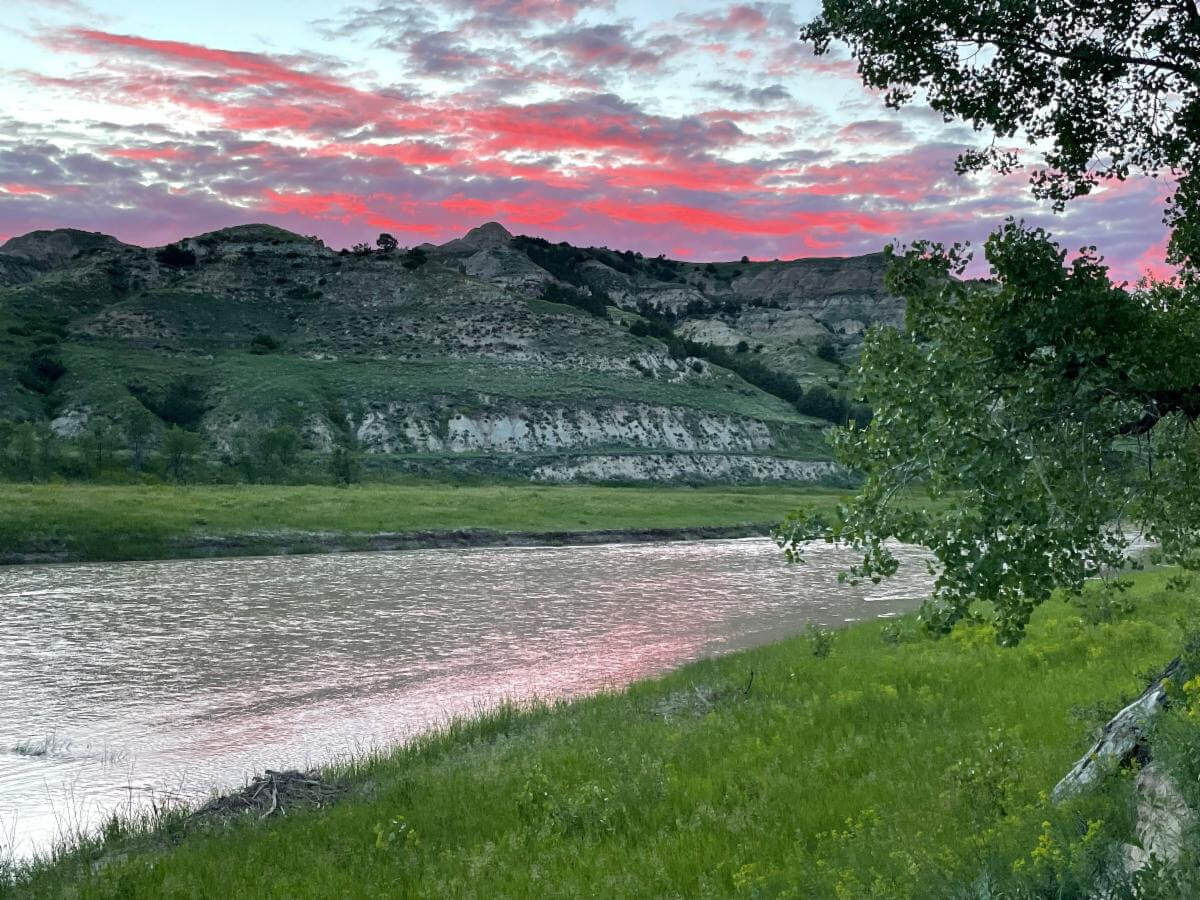How do we move from intention to action?
In recent years, we at CDE have been thrilled to see an increasing number of environmental organizations make public statements about Justice, Equity, Diversity and Inclusion (JEDI). We have loved every word of every newsletter, Op-Ed, and panel discussion that describes a new phase for American conservation, connecting equity to the mission of stewarding our shared planet.
Yet as time passes, what has changed? What have the words, albeit inspiring words, really shifted?
In past newsletters, I’ve talked about CDE’s practice of drilling down our “why.” Why is this work important? CDE leads participants through a non-linear process of individual, organizational and systemic transformation, by peeling away layer after layer of the “why.” For those organizations that write about the importance of JEDI but don’t seem to be embodying those principles in their day to day work, I might ask, “Why is JEDI important to you?” If their answer is the climate crisis can’t be addressed without centering JEDI, I would then ask, “Why?” If the following answer is the climate crisis is a symptom of centuries of racism, used as a tool to fuel colonialism and resource extraction, I would ask again, “Why?” The next answer might be that racism made the violence of dehumanizing and land grabs possible. Again I would ask, “Why?” This simple, methodical investigation reveals the tangled, interconnected issues that often block progress are actually not as complex as we’re led to believe. So when organizations champion equity in words and then fail to act, I ask, “Why?”
Our dominant culture values intellect above all else. Because of this, we are conditioned to think first and only with our brains, our analysis, our learnings that can be expressed in white papers and glossy promotional pamphlets. But what would happen to our communities, our work, ourselves, if we expanded this worship of intellectual analysis to the emotional, embodied, and holistic? Because I have seen it happen, I know that when our analysis moves from brain to body, more opportunities suddenly arise. The well-intentioned student of JEDI can suddenly become the well-actioned, and more easily than you might think. Problems that once seemed private and unsolvable suddenly have a suite of solutions, supported by community and seen through a holistic lens.
I am certainly not saying the intellectual space is unimportant – CDE uses and shares all sorts of data and analysis. But because of our cultural conditioning, it is easy to get stuck in one brittle lane, easy to accept the monoculture version of the environmental movement, easy to get comfortable behind the dam in a constructed culture that reinforces barriers and narrow thinking. Only by removing the dam can we once again allow the flow of healthy rivers. Only by recognizing the homogenization of our sector can we break up a monoculture and revitalize our soil. Then can we break free individually, collectively, and systemically.
I know from doing this work that what we put energy into gains strength. When we let dominant culture stifle our thinking, we passively put energy into the status quo. But once your “why” is truly integral, everything you do will be rooted in justice. And through justice, the river flows, and the good soil deepens. We all thrive.
iAdelante!
Queta González
As you consider the What, Why and How to move to action, we have some exciting news!
CDE is delighted to announce that applications are open for two unique Environment 2042 (E42) Leadership programs:
E42 OR – based cohort
Through funding provided by the Oregon Community Foundation and other funders, we are offering an Environment 2042 Leadership Program (E42) for Oregon-based environmental and conservation leaders.
We define environmental and conservation leadership broadly to include: upstream public health, social and environmental justice, Indigenous science, traditional environmental and conservation, and more.
E42 WA, OR, CA Environmental Educators – based cohort
Through funding from the Pisces Foundation, we are offering an Environment 2042 Leadership Program (E42) for leaders from the environmental education field who base their work in the states of Washington, Oregon, and/or California.
Environmental educator is broadly defined to include culturally specific educators; folks working on environmental justice; environmental educators; and others.
These cohorts bring wonderful groups of people together who deepen their understanding and develop actions in support of transformational change in their work. If you are interested, please consider applying for one of these cohorts. Please don’t hesitate to reach out with any questions that you may have.
Sending our best wishes,
Queta González
Tanya Pluth
Vanessa Bird
Your donations help support the work of Environmental Professionals of Color, CDE course delivery, participant scholarships, and day-to-day operations of CDE.

